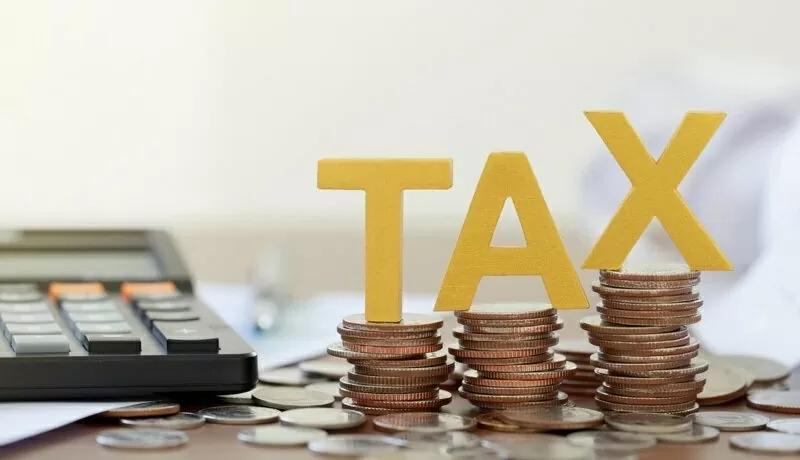
New Delhi: All taxpayers who have filed income tax audit reports have received major relief from the Central Board of Direct Taxes (CBDT). Actually, CBDT has announced to extend the last date for filing tax reports. CBDT has taken this decision after the problems taxpayers were facing in electronic submission. Let us tell you that the last date for filing Income Tax Audit Report was 30 September 2024, which has been extended by a few days.
What is the new date?
Income Tax of India has given information about this by tweeting late night on its official social media handle X. The department wrote in the tweet, Central Board of Direct Taxes (CBDT) has decided to extend the specified date of filing of various reports of audit for the previous year 2023-24 in the case of assessees referred to in clause (a) of Explanation 2. It was 30 September 2024. It has been extended to 07 October 2024 under sub-section (1) of Section 139 of the Act. In such a situation, the taxpayers who filed the audit report have got a big relief.
What is the last date for filing ITR?
Income tax audit is conducted for a specific category of taxpayers under section 44AB. The last date for filing income tax returns for taxpayers undergoing income tax audit for the financial year 2023-24 is October 31, 2024. The deadline for filing the audit report was 30 September 2024, which has been extended to 7 October. In such a situation, taxpayers who are not able to file ITR along with the audit report on or before October 31, 2024, can file ITR even after October 31. Provided that they will have to file belated income tax return by paying penalty.
There will be a penalty for filing after October 7
Let us tell you that taxpayers who have to file income tax audit report will have to file it by October 7, 2024. If you fail to file the report by the date extended by the department and file after that, you may have to pay a penalty. For this, the Income Tax Department will charge you a penalty amount which is equal to 0.5% of the total sales, turnover or gross receipts for the relevant financial year or Rs 1,50,000, whichever is less.
 look news india
look news india